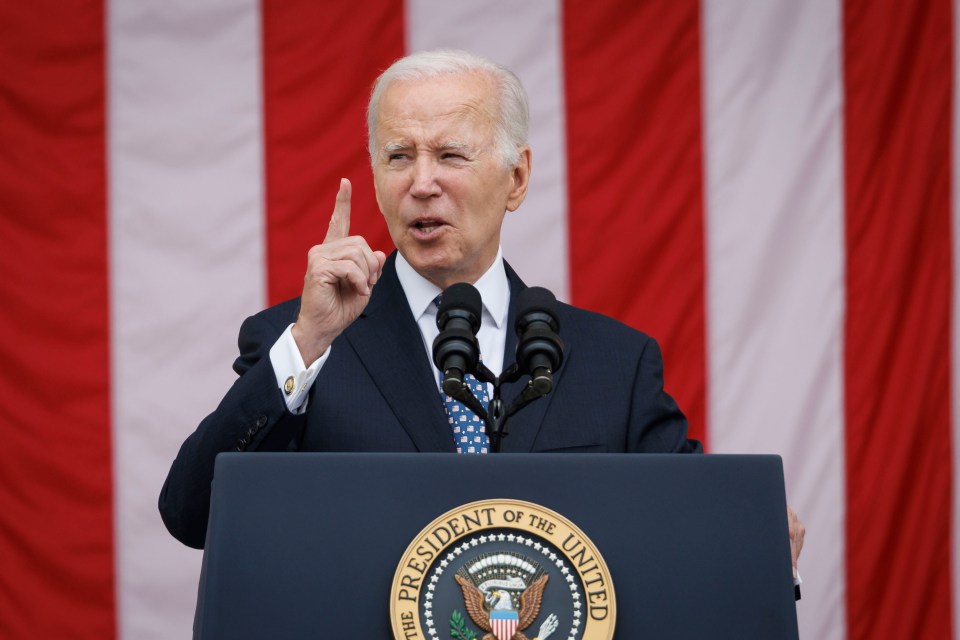The UK must fight a pattern of degrowth in this new, regional commercial order

A new regional commercial order is emerging, and to stay afloat the UK state must change the way it plays on the world stage, choosing decentralisation and greater strategic clarity, writes Jeffrey Roberts
Globalisation as we’ve known it is over. And despite the IMF concluding that the UK will avoid a recession in the short-term, the country is poorly positioned for the long-term.
With the return of industrial policy, the US is actively reshaping the global economic order it spent more than 40 years championing. The decline in American-led free trade consensus has been marked by World Trade Organisation tariff snubs and major policy initiatives such as the Inflation Reduction and CHIPS Acts. With billions in subsidies and direct investment on offer, America is increasingly weaponising commerce with two objectives: rebuilding domestic capacity while simultaneously reinforcing ties with allies to isolate China.
These changes have been met with the predictable complaints, but have also spurred intervention. The EU has responded with its own Green Deal which allows for greater state aid and subsidies across the bloc. On the other hand China, where there is little distinction between state and market, has redirected investment into “strategic” industries and retaliated by banning Micron chips.
A new regionalised commercial order, marked by greater state invention, is beginning to emerge.
Where is the UK in all this? The response has so far included limited negotiations with US trade representatives and public statements about market distortions and a need for regulatory redesign pulled straight from a second year PPE essay.
The government is kicking any planned response into the long grass of the Autumn statement, but the reality is that the UK faces few good options. A mix of sclerotic policy infrastructure, uncoordinated decision-making, decades of limited investment across both public and private sectors, and a financialised economy that prioritises rent-seeking over the production of goods and services leaves little on which to build.
Together these issues highlight the major challenge facing the UK – declining state capacity, which is the ability of the governments to manage, either directly or in collaboration, internal or external challenges requiring national or supra-national coordination.
State capacity is critical to successful commercial environments. Even the basics of protecting property rights and setting the rules of the game involve states in almost every aspect of commerce. Further complexity is introduced as other states become more interventionist in policy design. This in turn changes the game itself, requiring state intervention to remain competitive.
Businesses want stable political regimes that provide certainty over time. Citizens rely on the states to deliver the context of growth. And international trading partners rely on clear rules of integration and interaction. As successive UK governments have sought to distance themselves from the interventionist industrial policies of the 60s and 70s, capacity to deliver these requirements and manage their change has declined.
The outlook for the UK is sobering. As currently organised, the country is caught in a self-reinforcing set of degrowth dynamics.
The mix of policy rigidity, international isolation, and an economy geared more towards extraction than production intersects with shifting global trade patterns to constrict possibilities. In the absence of stronger state mechanisms to better manage and direct resource allocation, the economy effectively seizes up. Much like the dreaded wage-price spiral, these degrowth dynamics become self-reinforcing, threatening permanent depression.
Avoiding this fate requires changes to how the UK state manages its role as commercial coordinator. There are no silver bullets; however, a mix of greater strategic clarity, decentralisation, and a longer-term view of national objectives and corresponding shift in the organisational means to deliver them offer a powerful start. The choice has never been state versus market. States and markets are powerfully intertwined. Ensuring the UK can compete in this transforming world requires a recognition that current organisational arrangements push the country towards a miserable future. Thankfully that future is yet to be written.
